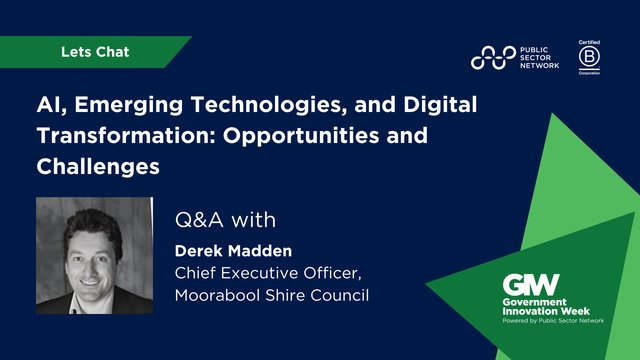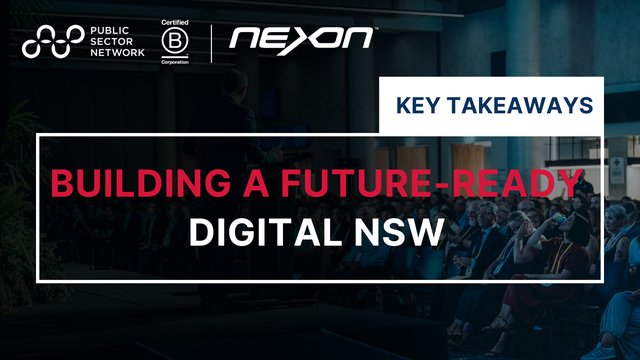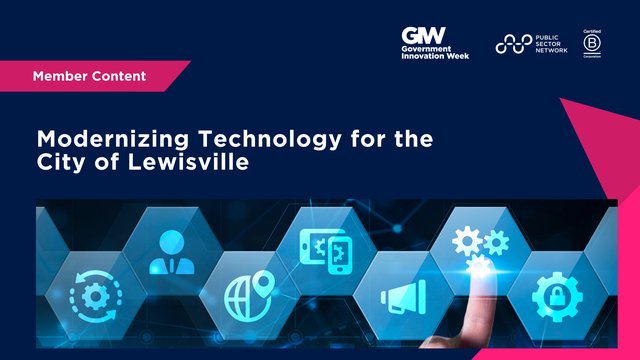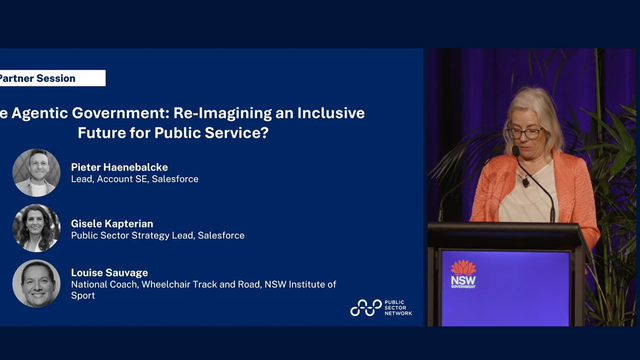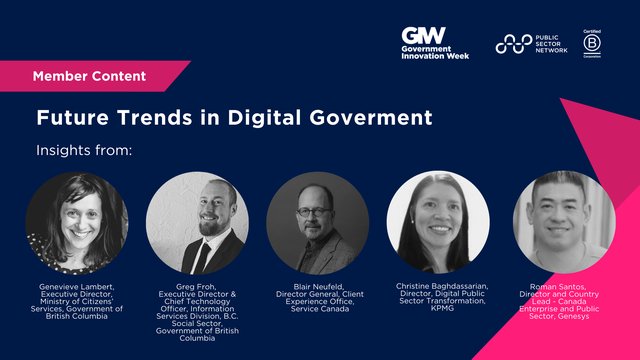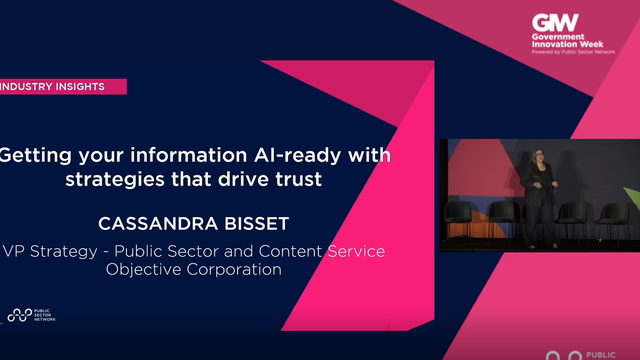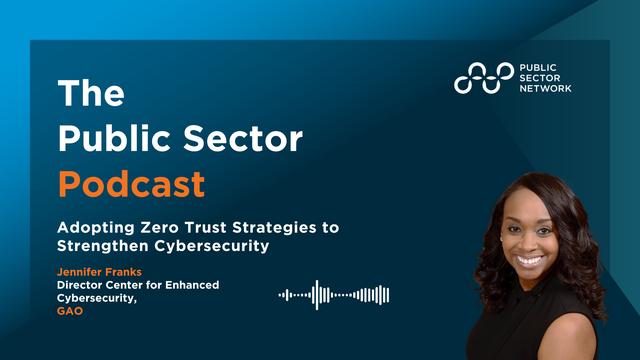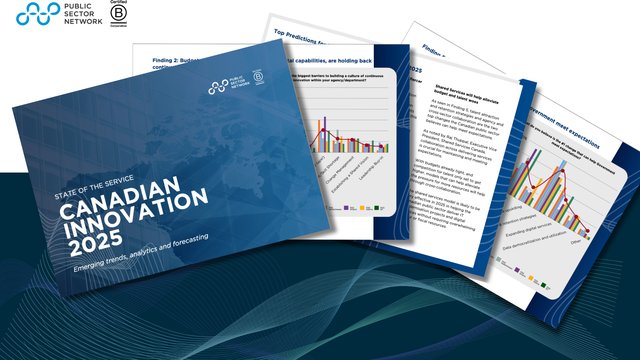
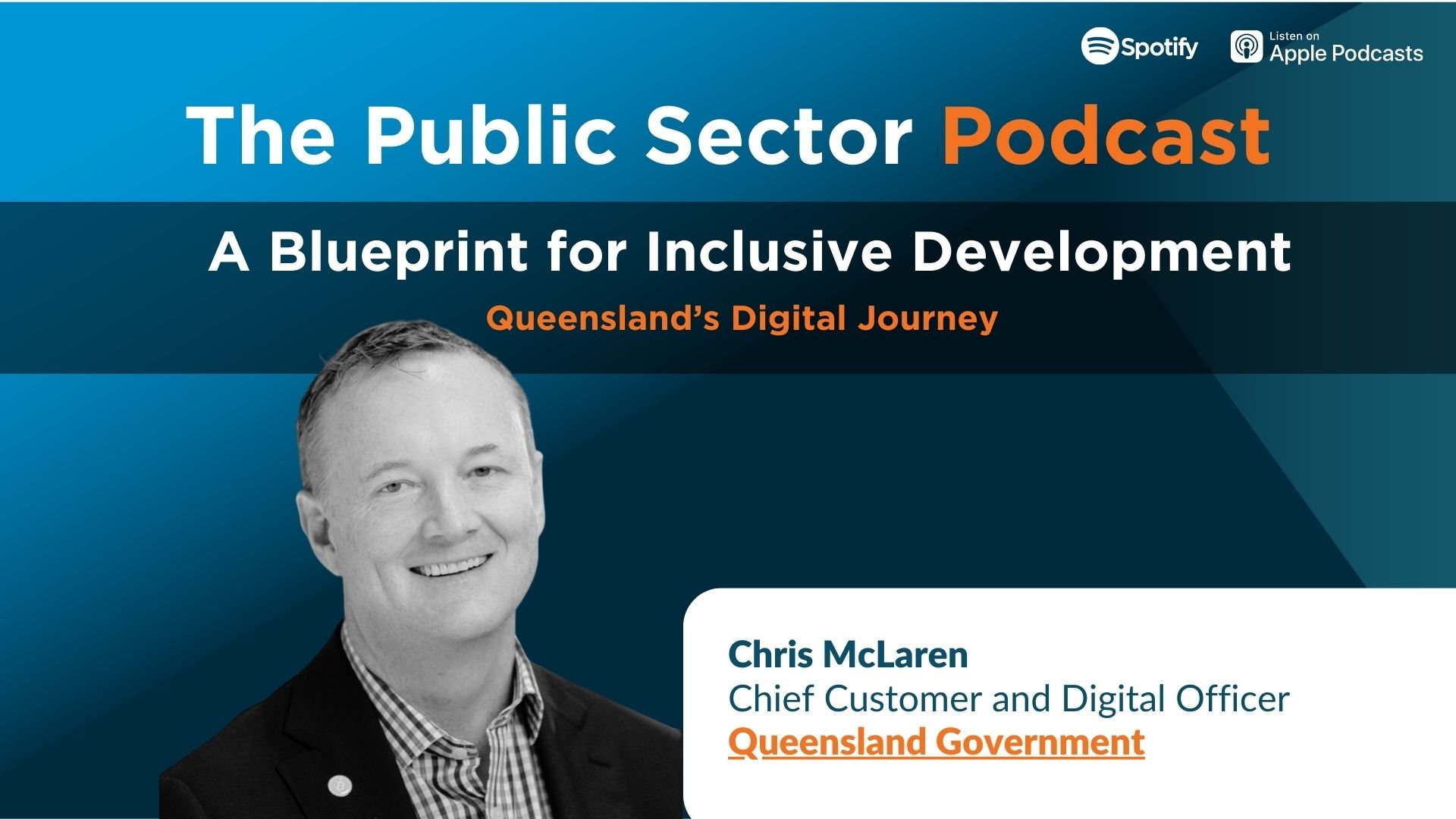
Show Notes
Quick Facts
- Population: Approximately 5.4 million people.
- Geography: Queensland is Australia’s second-largest state by area, encompassing vast rural and urban regions.
- Digital Divide: Over 1 million residents are digitally excluded, lacking access to affordable connectivity, devices, or the skills needed to engage with the digital world.
- Economic Impact: Queensland is home to about 450,000 small businesses, which represent a significant portion of the state’s economy.
- First Nations Communities Involved: The state involved 16 discrete First Nations communities, characterized by young populations, high unemployment, and limited economic opportunities.
Current Challenge: The digital divide
Queensland faces a pressing issue: a substantial digital divide that prevents over 1 million people—nearly 20% of its population—from accessing essential online services, educational opportunities, and economic participation. This divide is exacerbated by a lack of affordable internet, digital devices, and the necessary skills to engage with the digital landscape. The disparity is even more pronounced among First Nations communities, where young populations face high unemployment and limited economic opportunities due to historical colonial challenges.
The challenge extends beyond individuals, impacting businesses and the public sector. Small businesses in Queensland often struggle with navigating complex digital systems, while public servants lack access to modern tools, hampering productivity. Queensland's government recognizes that addressing digital exclusion is crucial to achieving broader social and economic outcomes, including improved education, health, and employment.
The Vision: What innovation can accomplish
The Queensland Government envisions a future where every citizen, regardless of their location or socio-economic status, can access and benefit from digital technologies. Their goal is to close the digital divide by providing access to reliable internet, devices, and digital literacy training. In doing so, they aim to enhance not only individual outcomes—such as health, education, and employment—but also broader societal progress. Digital inclusion would promote self-reliance and economic empowerment, especially among First Nations communities, and simplify processes for small businesses, making it easier for them to comply with government regulations and focus on growth.
At the heart of this vision is a commitment to creating digital opportunities for all citizens, fostering innovation within government, and enabling public servants to work more efficiently and effectively.
Implementation
To address these challenges, the Queensland Government has implemented several innovative digital connectivity projects, focusing on inclusion, economic empowerment, and streamlined services.
Key initiatives include:
First Nations Digital Service Centres: Queensland has established 3 First Nations Digital Service Centres, with more to come. These centres are groundbreaking, offering young people access to high-quality digital jobs within their communities. The program includes a 13-week boot camp to train residents in skills like IT service desk support, application testing, and call centre operations. Corporate partners such as Telstra, Fujitsu, and DB Results support these efforts by offering real-world work opportunities. This initiative fosters self-reliance and economic development in communities historically excluded from such opportunities.
Q Chat – An AI-Powered Digital Service Platform: The Queensland Government has developed its own large language model, Q Chat, built on existing AI frameworks. This AI tool is tailored to meet the specific needs of public servants, helping them work more efficiently while ensuring ethical and controlled use. By integrating AI into daily workflows, Queensland is pioneering the use of artificial intelligence in the public sector.
Digital Services Platform for Small Businesses: A multi-sided digital services platform has been created to streamline interactions between Queensland businesses and the government. Similar to the Uber model, this platform connects customers with services, offering a user-friendly digital interface for businesses to comply with regulations. This system significantly reduces the time and cost for businesses to access government services, offering a more secure and seamless experience.
Digital Learning and Support Hub: Launched in partnership with marginalized communities, this online platform provides digital literacy training for those most at risk of exclusion. It specifically caters to people with disabilities, those from culturally and linguistically diverse backgrounds, and others who struggle with technology. This hub serves as a trusted resource, helping users build essential digital skills.
Outcomes
The digital connectivity projects in Queensland have already started to yield significant results:
First Nations Empowerment: In Cherbourg and Palm Island, young individuals who had never held formal jobs are now employed in digital services, contributing to their communities' economic development. This initiative has become a model for economic empowerment, allowing remote and underserved populations to participate in the global digital economy.
Enhanced Public Sector Productivity: The Q Chat platform has enabled public servants across Queensland to access AI-powered tools, enhancing policy development, decision-making, and day-to-day operations. This innovation has improved the efficiency of the public sector and set a benchmark for ethical AI use in government.
Small Business Support: The digital services platform has simplified the compliance process for small businesses, reducing the cost and complexity of accessing government services. This shift has allowed businesses to focus more on growth and less on navigating bureaucratic red tape.
Digital Literacy Expansion: The Digital Learning and Support Hub has reached hundreds of individuals from marginalized communities, helping them build the skills needed to engage with the digital world. By empowering these groups, the initiative is fostering greater inclusion and providing long-term social and economic benefits.
Future Opportunities
Queensland’s digital connectivity projects have laid the foundation for numerous future opportunities. By closing the digital divide, the state will be positioned to drive further innovation in public services, economic growth, and societal inclusion.
Scaling First Nations Digital Centres: The success of the digital service centres in First Nations communities paves the way for further expansion. As more communities adopt this model, the potential for sustainable, local economies driven by digital jobs will grow, offering long-term empowerment and self-determination.
Public Sector Innovation: With the success of Q Chat, the government can further integrate AI into other public services, increasing efficiency and improving service delivery across the board. The platform’s ethical framework sets a precedent for how AI can be safely used in governance, potentially serving as a model for other regions.
Small Business Digital Expansion: The digital services platform offers a scalable solution that can be adopted by more sectors, further streamlining compliance processes and reducing operational burdens on small businesses. This, in turn, could stimulate greater economic growth by freeing businesses to innovate and expand.
Bridging the Digital Literacy Gap: The Digital Learning and Support Hub has the potential to reach more digitally excluded populations, creating a ripple effect of improved access to education, employment, and social participation. Continued investment in digital literacy will ensure that no Queenslander is left behind as the world becomes increasingly digital.
By addressing digital exclusion through innovation, Queensland is setting a global example of how accessible technology can drive both social inclusion and economic development.
Speaker
Chris McLaren, Chief Customer and Digital Officer, Queensland Government


